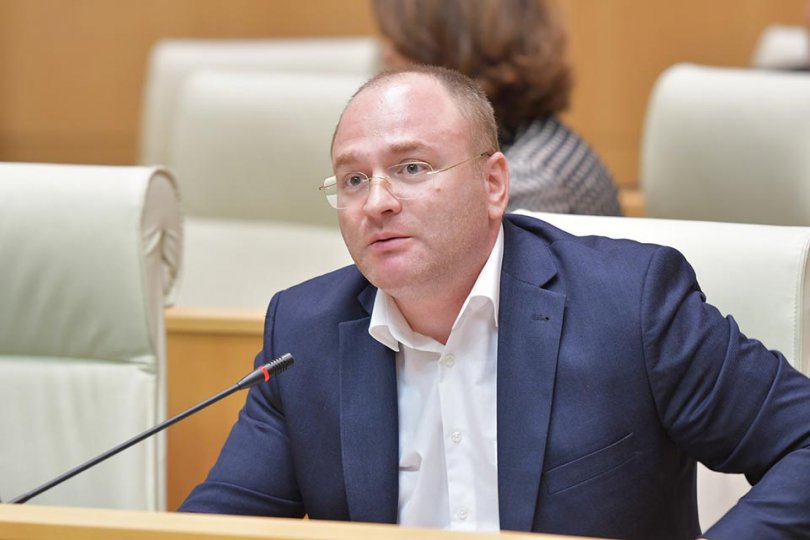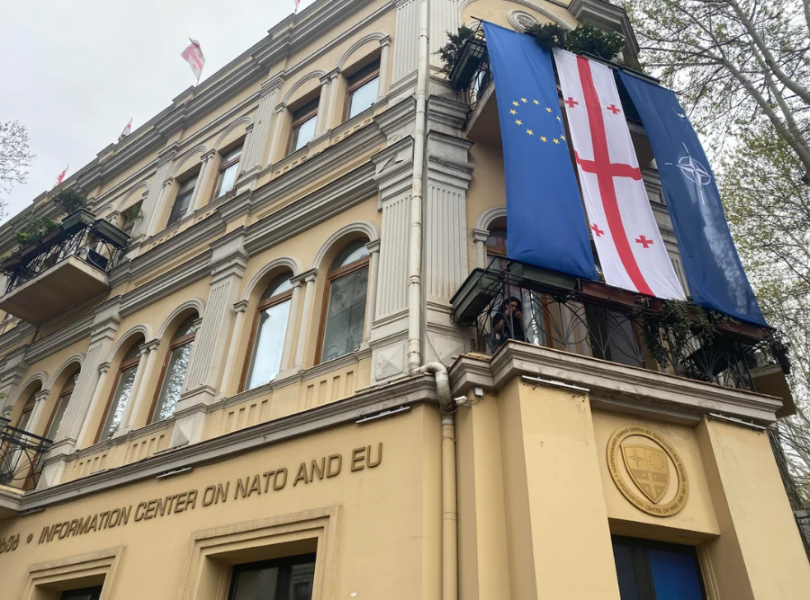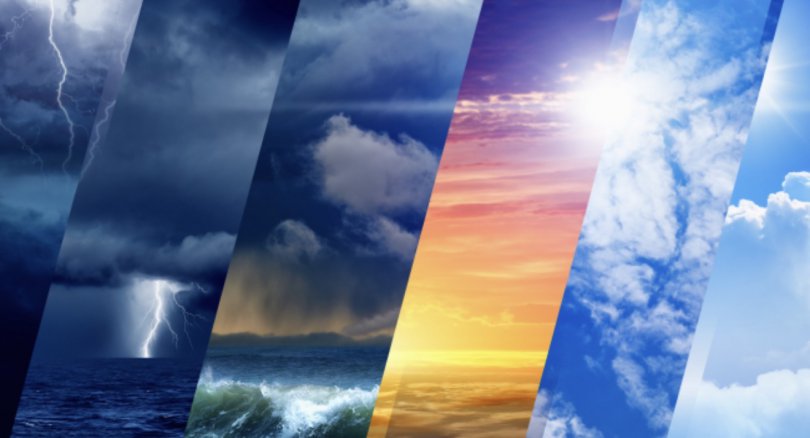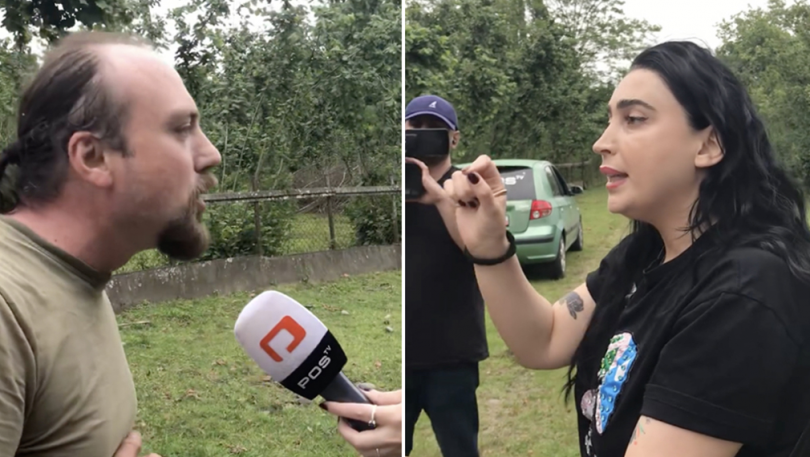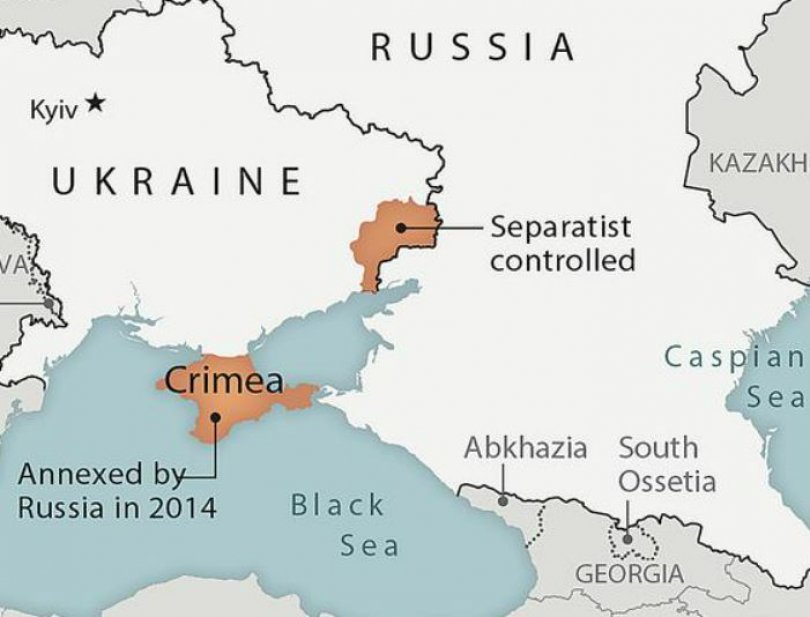
As the world continues to be focused on the possible renewed Russian invasion of Ukraine, the voice of Georgia that Russia insists must also never join NATO continues to be absent.
Prime Minister Irakli Garibashvili has come under fire for so far not saying a single word on the matter since start of the crisis.
Only Foreign Minister David Zalkaliani expressed "support to Ukrainian people" on Twitter, but without mentioning Russia.
The Government’s critics have argued that this silence signals Georgia’s gradual drift towards the Russian orbit.
Meanwhile, part of the opposition in the Georgian parliament came up with an initiative of a joint parliamentary resolution in support of Ukraine. Having supported the initiative initially, Georgian Dream came up with a draft resolution which failed to mention either Russia or the Russian aggression against Ukraine triggering breakdown of talks over a joint text.
Others in the opposition, namely in European Georgia (EG), have argued due to the gravity of the situation and since Russia’s demands do concern Georgia as well, only engagement at the highest executive level could be considered meaningful. This must include Prime Minister’s visit to Kyiv, but also acting jointly with Ukraine at the highest executive level of world arena in order to elevate Georgia’s issues to the top of the Western policy agenda, the EG leaders have argued.
Georgian Dream’s critics have also recalled Ukraine’s active role in shoring up international support for Georgia during the Russian invasion of 2008, when the then President Viktor Yushchenko stood on Rustaveli avenue together with other East European leaders as the Russian army was threatening Tbilisi.
Georgia’s silence has also been noticed internationally.
Former US Ambassador to Georgia, Ian Kelly called Georgia’s silence “big mistake.”
“The more you lay low the more you will incite the Kremlin’s aggression,” he said in an interview with the Radio Liberty’s Georgia service.
NATO’s former Deputy Secretary General Alexander Vershbow told Mtavari TV Georgia’s “passivity” was “raising many questions amongst its western partners.”


